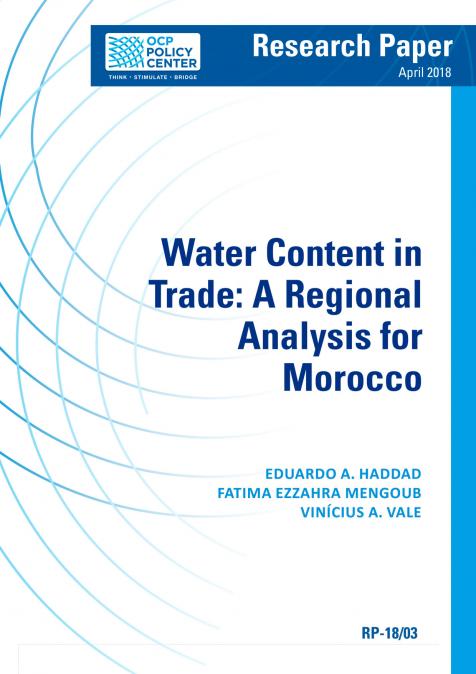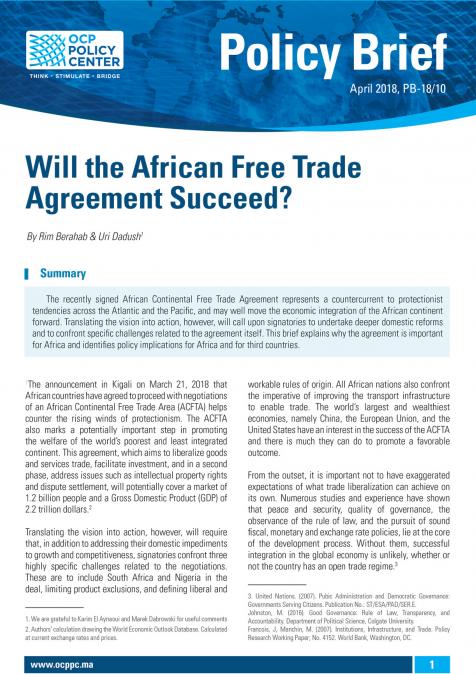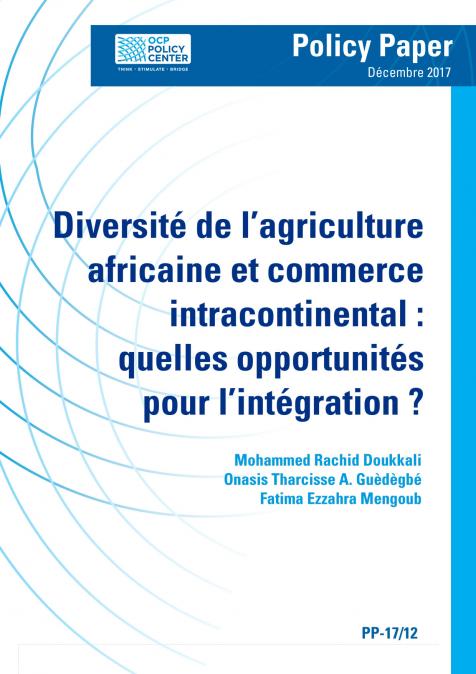Publications /
Policy Brief
L'intégration régionale en Afrique est considérée comme une priorité par de nombreux responsables politiques et acteurs économiques du continent. Avec la signature de l'accord portant création de la ZLECAf par l'ensemble des pays africains, le défi consiste désormais à mettre en place un marché continental pour les biens et les services et à jeter les bases d'une union douanière continentale. Nombreux sont ceux qui, sur le continent, considèrent la ZLECAf comme un plan d'investissement, de diversification économique et de création d'emplois qui façonnera l'avenir de l'Afrique, contribuera à atteindre d'ici 2030 les objectifs de développement durable (ODD), consolidera les progrès réalisés sur la voie de la réalisation de l'Agenda 2063 de l'Union africaine (UA) et facilitera la création d'une zone de libre-échange Union africaine-Union européenne à long terme. Avec un PIB combiné de plus de 2.300 milliards de dollars et une population de 1,2 milliard d'habitants, dont la plupart est âgée de moins de 30 ans, les pays africains ont tout à gagner du commerce intra-régional. Dans cet article, nous nous pencherons sur les aspects juridiques de la ZLECAf.






